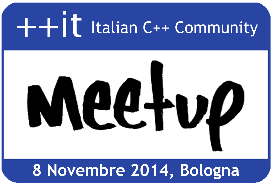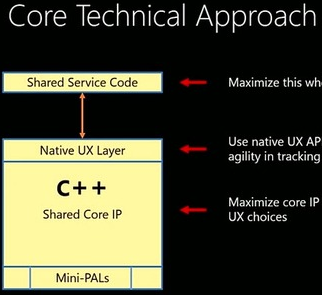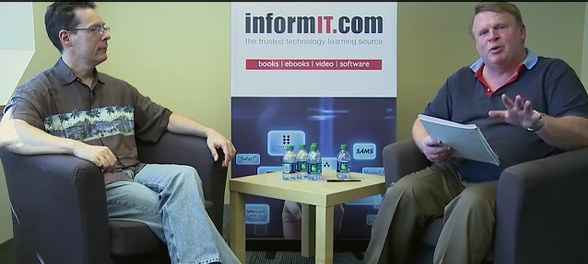Writing min function, part 4: Const-Correctness -- Fernando Pelliccioni
Writing min function, part 4: Const-Correctness
by Fernando Pelliccioni
From the Article:
This is the fourth article of the series called “Writing min function”.
I still have to solve two mistakes made in the code of the previous posts. One of them is C++ specific, and the other it is a mistake that could be made in any programming language.



 Modern C++, modern apps:
Modern C++, modern apps:
 At CppCon last month, InformIT recorded this video interview. It has now been posted:
At CppCon last month, InformIT recorded this video interview. It has now been posted: